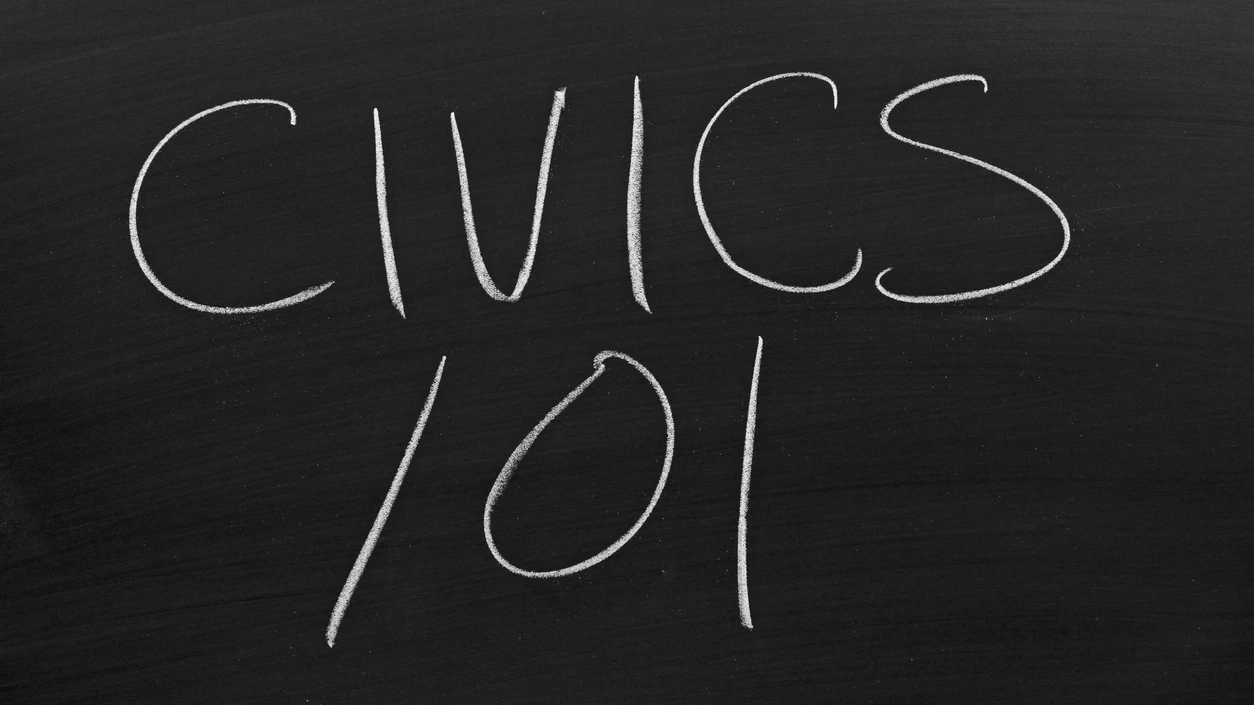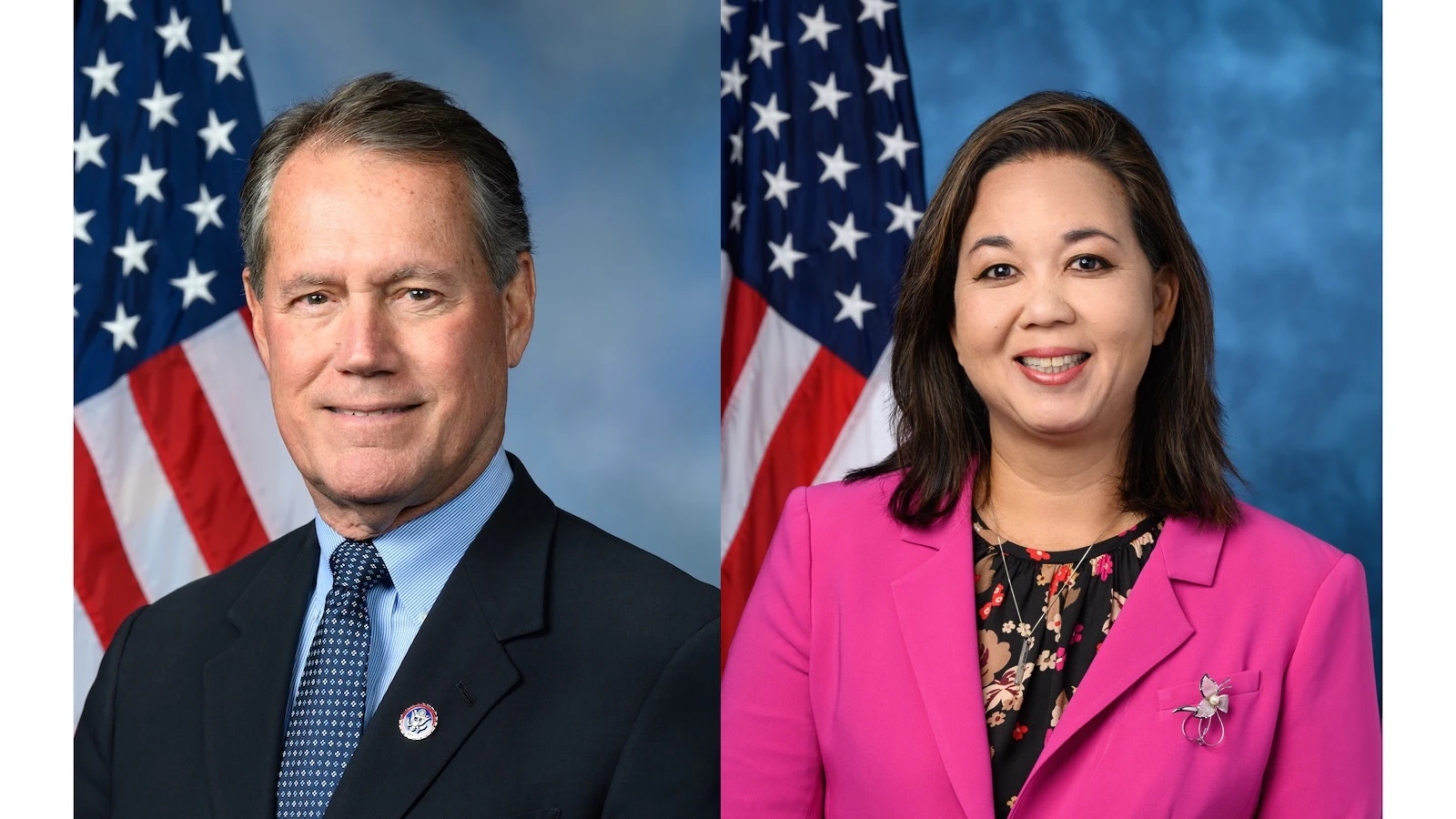To the dismay of prison reform advocates, Gov. Josh Green stands to veto a measure that would limit solitary confinement in Hawai‘i.
Green published his “intent to veto” list earlier this month, which names 19 proposed bills he plans to kill in part or in full. Among that list is Senate Bill 104, which would significantly curtail the degree to which state corrections facilities can impose solitary confinement.
Taking effect July 2026, the bill would require the state Department of Corrections and Rehabilitation to only use solitary confinement — referred to in the text as “restrictive housing,” and defined as when an inmate is confined to a cell for 20 or more hours per day — in circumstances where the inmate is reasonably believed to pose an immediate risk of harm to themselves or another person.
Prisoners subject to restrictive housing would also be guaranteed certain rights, such as a hearing within 24 hours of being committed to solitary, access to food, water, medical care and legal counsel, and guidelines for how to be released from solitary and back to the general population.
Throughout the legislative session, the bill was popular among prison reform advocates, who urged for its passage on the grounds that solitary confinement has long-term mental and psychological effects on inmates.
Advocates told Aloha State Daily in May that the state's use of restrictive housing is often vague and opaque, with inmates remanded to solitary confinement without being told why or what steps to take to be able to leave.
The only voice in opposition to the bill was that of the Department of Corrections and Rehabilitation, arguing that the proposal is unnecessary and would put prison staff in danger.
Green cited those concerns as his rationale for vetoing the bill.
“The Department of Corrections and Rehabilitation has policies in place governing the use of restrictive housing,” read Green’s intent to veto statement. “These policies and procedures comply with National Institute of Corrections and American Correctional Association standards. Rather than improve the health and safety of those in the department’s care, the implementation of certain requirements proposed in this bill will jeopardize the safety, security and good governance of the department’s facility, negatively impacting inmates.”
This announcement has disappointed supporters of the bill. Lorenn Walker, director of nonprofit Hawai‘i Friends of Restorative Justice, told ASD Green's decision will continue to harm not only inmates, but also prison staff.
"As a physician, we expected him to follow the evidence — and the evidence is clear," Walker said via email. "Solitary confinement is inhumane and harmful, not just for incarcerated people but also for corrections staff. It causes deep distress, and some staff experience vicarious trauma from witnessing the effects of solitary confinement, which can include suicide.
"This veto is a setback for justice in Hawai‘i," Walker concluded. "Without change, more people—inside and outside prison walls—will continue to be harmed."
The Legislature can overturn the veto by convening special sessions in both chambers and voting to override Green's decision with a 2/3 majority before July 9. However, this is uncommon: between 2010 and 2020, Hawai‘i overturned 11 out of 145 gubernatorial vetoes, a rate of about 7%.




